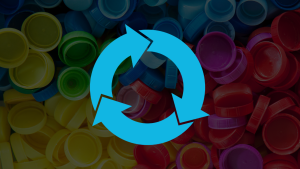The Government of Canada invests in plastics science research to further understand environmental threats
Plastics have a big impact on our environment and ecosystems. They are polluting our rivers, lakes, and oceans, and they are harmful to wildlife and may threaten human health.
The Government of Canada is committed to achieving zero plastic waste by 2030, and is working to take action to reduce plastic pollution across the country and to create a circular economy for plastics. This includes banning certain harmful single-use plastics, where warranted and supported by science. Information generated by research scientists is vital to plastics policy development and to making evidence-based decisions in our ongoing effort to protect wildlife and our waters, reduce greenhouse gas emissions, and create jobs.
Today, Minister of Environment and Climate Change, the Honourable Jonathan Wilkinson, and Minister of Innovation, Science and Industry, the Honourable François-Philippe Champagne, announced that the Government of Canada is providing close to $7 million to support seven science-based research projects. These projects aim to close gaps in our knowledge and improve understanding of the threats posed by plastic pollution and to help us move toward a cleaner and healthier world. See the list of projects from the Natural Sciences and Engineering Research Council of Canada website.
Among the selected projects are those being carried out by the University of British Columbia, which aims to advance technologies to quantify and characterize microplastics in aquatic environments; the National Institute of Scientific Research, which will assess the potential effects of nanoplastics on human health; and the University of Guelph, which will assess potential risks that microplastics pose to freshwater and soil ecosystems.
Full news release from Environment and Climate Change Canada here.



